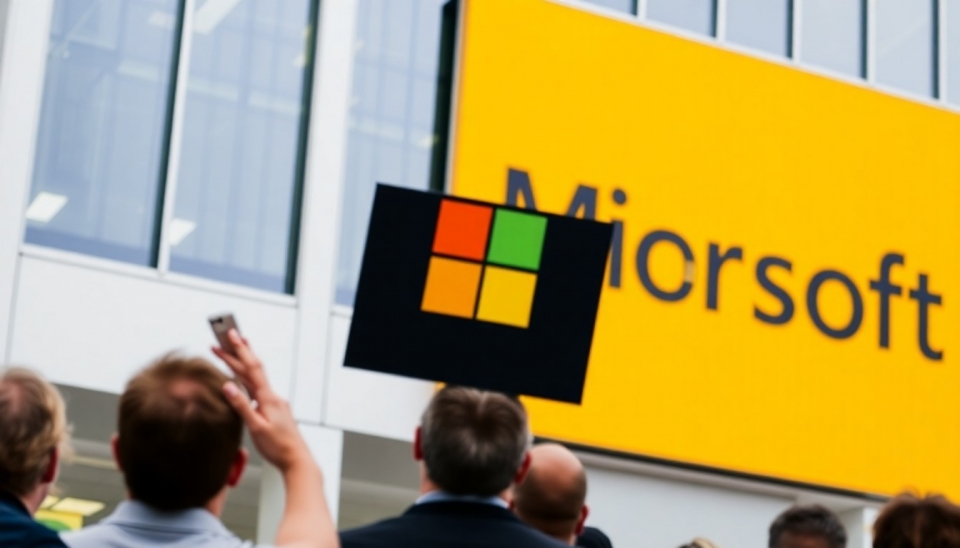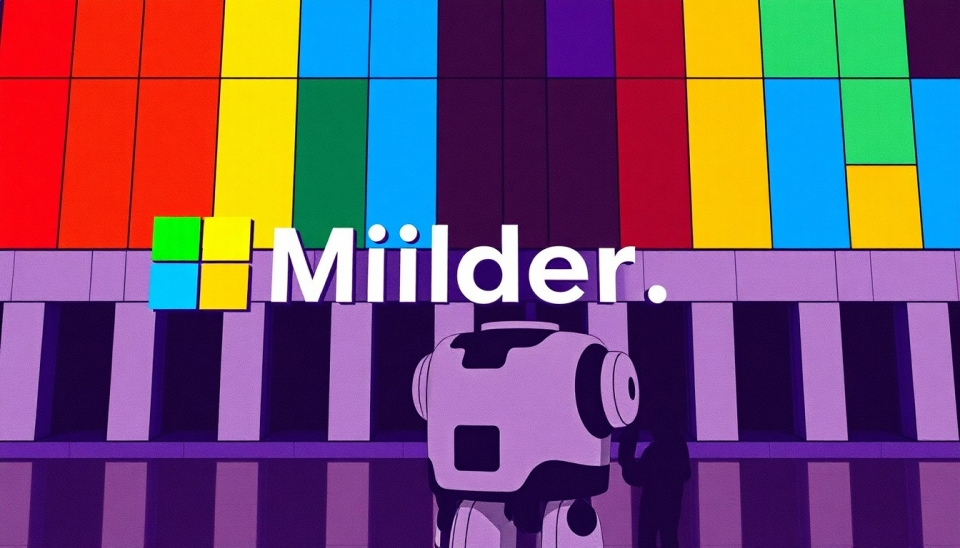
In a recent financial revelation, Microsoft Corp. has announced it will incur an $800 million charge related to its investment in Cruise, General Motors' autonomous vehicle subsidiary. This substantial write-down comes as part of the tech giant's broader strategy to adjust its investments in emerging technologies amidst an ever-evolving market landscape.
The charge, detailed in the company's latest earnings report, underscores the challenges faced by the autonomous vehicle sector, which has been grappling with delays and rising costs. Cruise, which was once considered a pivotal player in the race towards self-driving technology, has encountered significant hurdles in regulatory approvals and competition from rivals, which has slowed its progress in developing a commercially viable product.
Despite the challenges, Microsoft remains committed to its partnership with GM and Cruise. The tech firm initially invested in Cruise in 2021, betting on the potential of autonomous vehicles to revolutionize transportation. However, the disappointing performance and valuation drops in the AV sector have prompted Microsoft to reassess the financial viability of its stake.
This charge is particularly noteworthy as it comes as part of broader shifts within the automotive and technology industries. Tech companies are increasingly prioritizing profitability and shareholder returns over aggressive expansion, leading to reevaluations of previously favorable investments. The move can be seen as a natural response to the pressures facing the autonomous vehicle market, where expectations have often outstripped practical realities.
Analysts have weighed in on the implications of Microsoft's decision, suggesting that while the $800 million charge may reflect current market conditions, it could also indicate a strategic pivot towards more secure technological advancements and investments that align better with long-term goals.
In light of these developments, stakeholders are keenly observing how Microsoft plans to navigate the hurdles of the autonomous vehicle landscape while continuing to leverage its technological expertise to foster innovation in other sectors. As the competition heats up, the future of both Microsoft and Cruise remains in the balance, dependent on adapting to shifting trends and consumer expectations in the tech-driven mobility space.
As 2024 approaches, the potential for further declines in the valuation of Cruise and its impact on Microsoft’s overarching growth strategy will undoubtedly be closely monitored by investors and analysts alike.
#Microsoft #GeneralMotors #Cruise #AutonomousVehicles #Investment #Technology #StockMarket #EarningsReport #Finance
Author: Liam Carter




